
Jasleen Kaur has won the Turner Prize 2024. She is recognised for her work which weaves autobiographical themes, seen throughout her exhibition at Tramway, Glasgow, in sculptures crafted from everyday objects.
The award was announced by Turner Prize chair and director of Tate Britain Alex Farquharson, leading a jury composed of Rosie Cooper, director of Wysing Arts Centre; Ekow Eshun, writer, broadcaster, curator and a Wallpaper* contributing editor; Sam Thorne, director general and CEO at Japan House London; and Lydia Yee, curator and art historian.Says jury member Rosie Cooper: ‘The exhibition was comprised of a new body of sculptural and sound works that unfolded throughout Tramway’s vast post-industrial gallery space. This significant and breakthrough show was alive to timely issues, speaking imaginatively to how we might live together in a wild increasingly marked by nationalism, division and social control.’
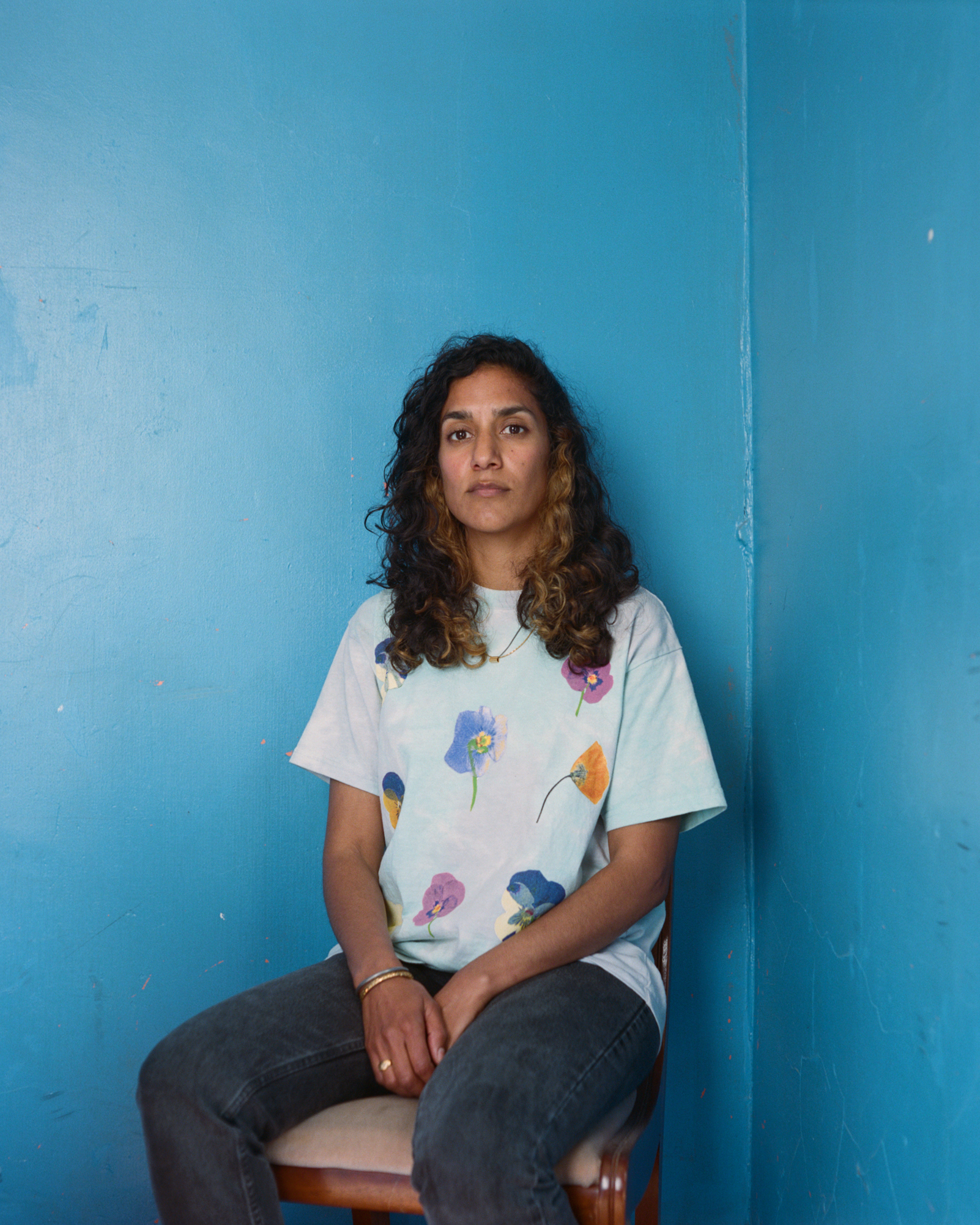
All of the Turner Prize 2024 shortlisted artists are able to view at Tate Britain, London. The work of Pio Abad, Claudette Johnson, Jasleen Kaur, and Delaine Le Bas will be exhibited until February 2025.
Meet the Turner Prize 2024 shortlisted artists: Pio Abad
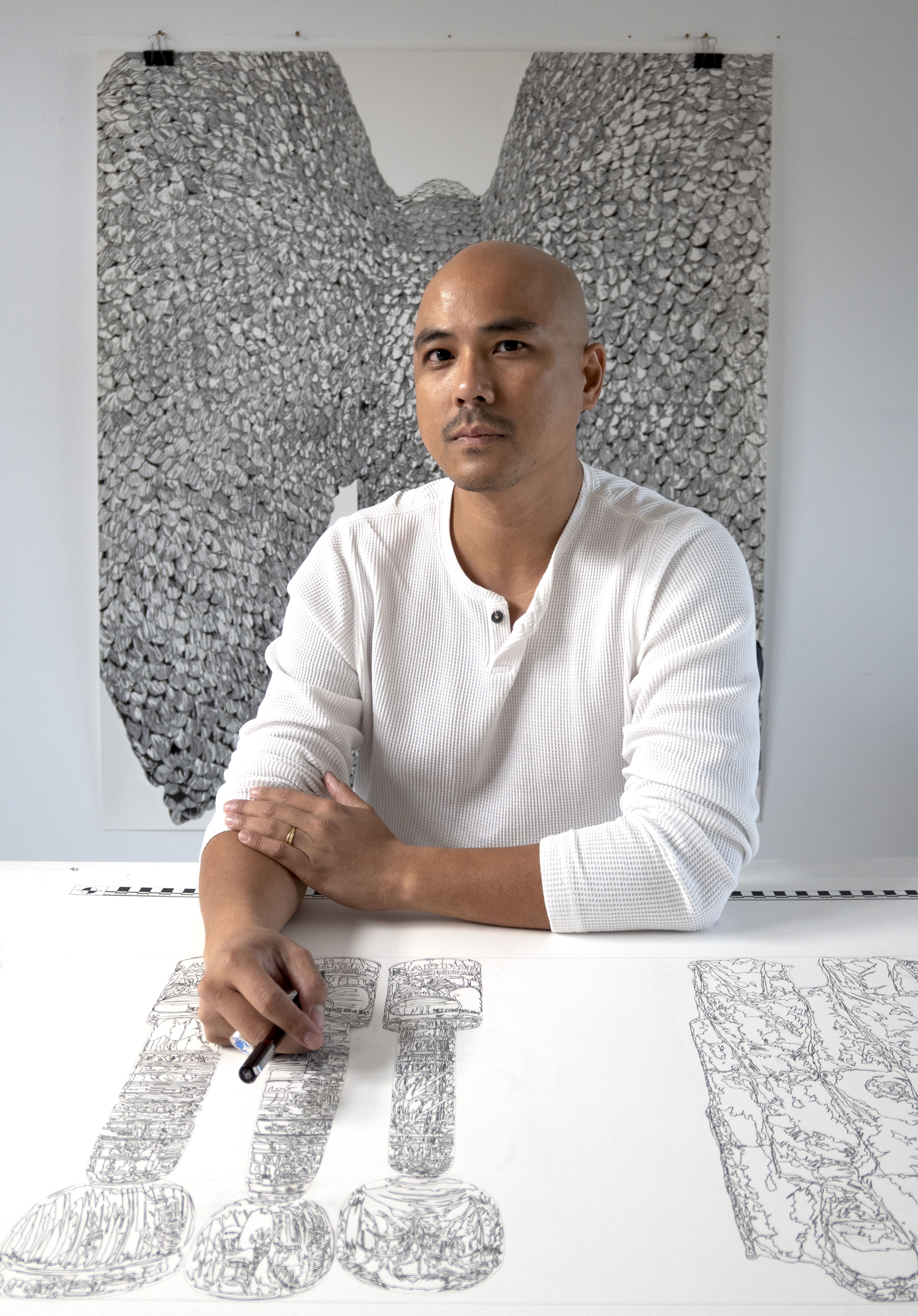
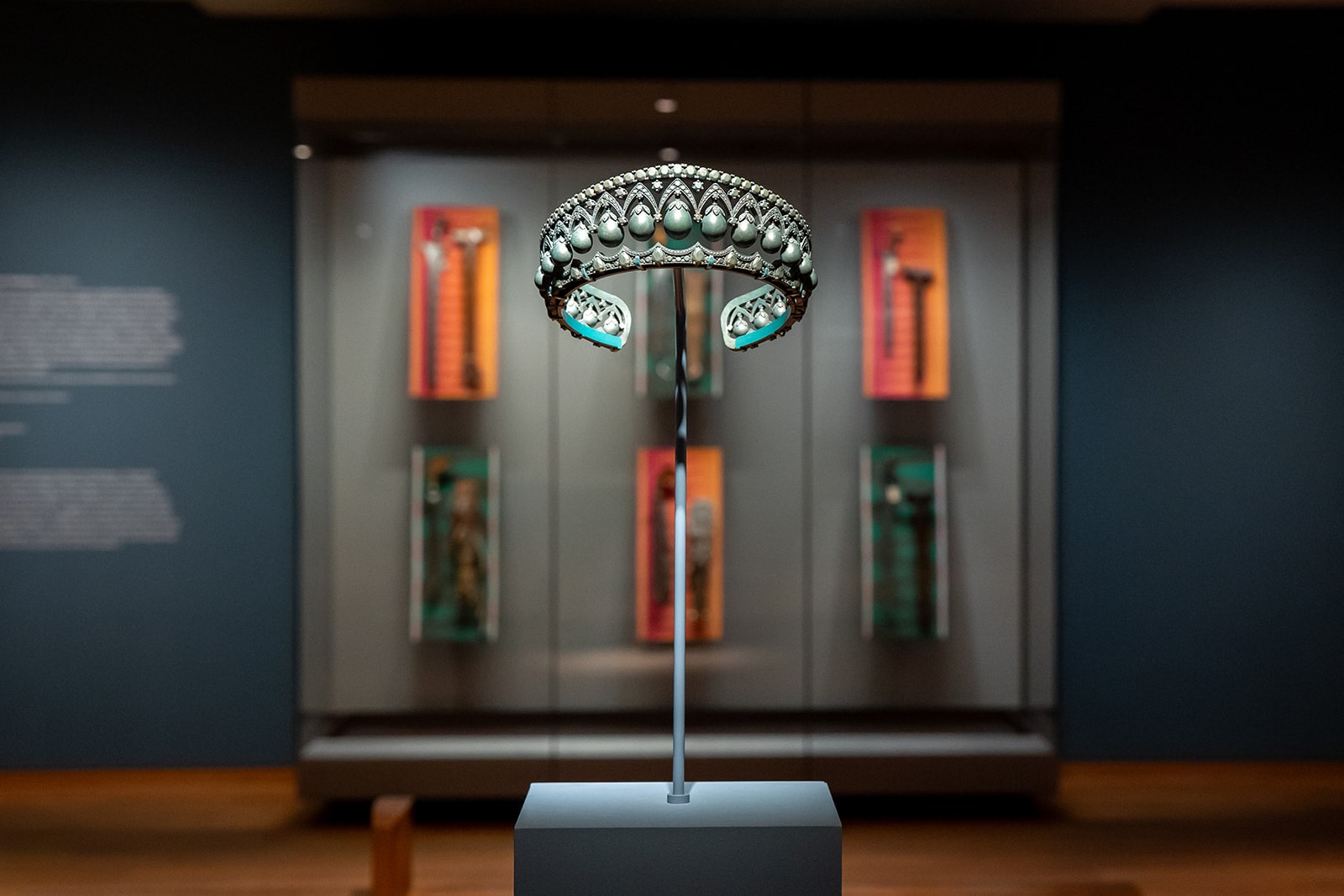
Abad has been recognised for his solo exhibition ‘To Those Sitting in Darkness’ at the Ashmolean Museum, Oxford, which draws on his upbringing in the Philippines, through work that reflects on colonial histories.
‘The exhibition comprises drawings, etchings, engraving, sculptures,’ says jury member Sam Thorne. ‘I was really struck by how it teems with different kinds of inscriptions, incisions. It’s full of maps, of different territories of skins and tattoos. The presentation is, for me, about the connections between different times in different places. It yokes together far-flung locations from the artist’s southeast London home to them, to Oxford and to the Philippines. The works taken together tell stories of contacts of plunder, of exchange.’
Turner Prize 2024 shortlist: Claudette Johnson
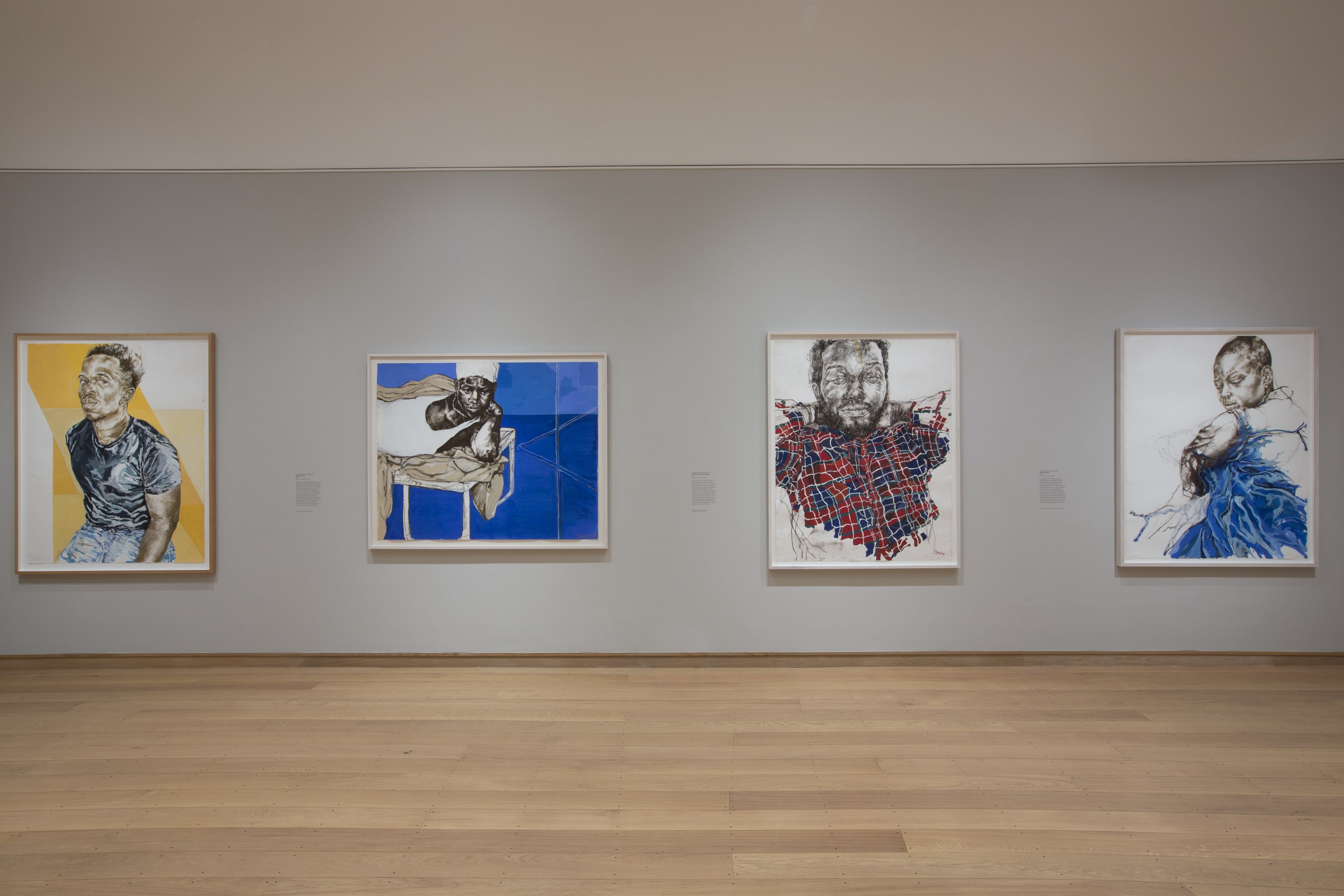
Johnson’s major recent exhibitions at The Courtauld Gallery, London, and Ortuzar Projects, New York, have considered the marginalisation of Black people in history through figurative portraits. ‘These figures are often lifesize, often free-floating on fields of colour or a sign on black paper,’ adds Thorne. ‘They assert a vibrant kind of presence. She has said that she invites them to take up space in a way that is reflective of who they are. The exhibitions in London and New York, and Johnson's work more broadly, are moving in response to traditional representations of gender Blackness in Western art history. Many of her portraits are drawn directly from life. The figures, often friends, look directly at the viewer, recreating their intimate encounter with the artist.’
Turner Prize 2024 shortlist: Delaine Le Bas
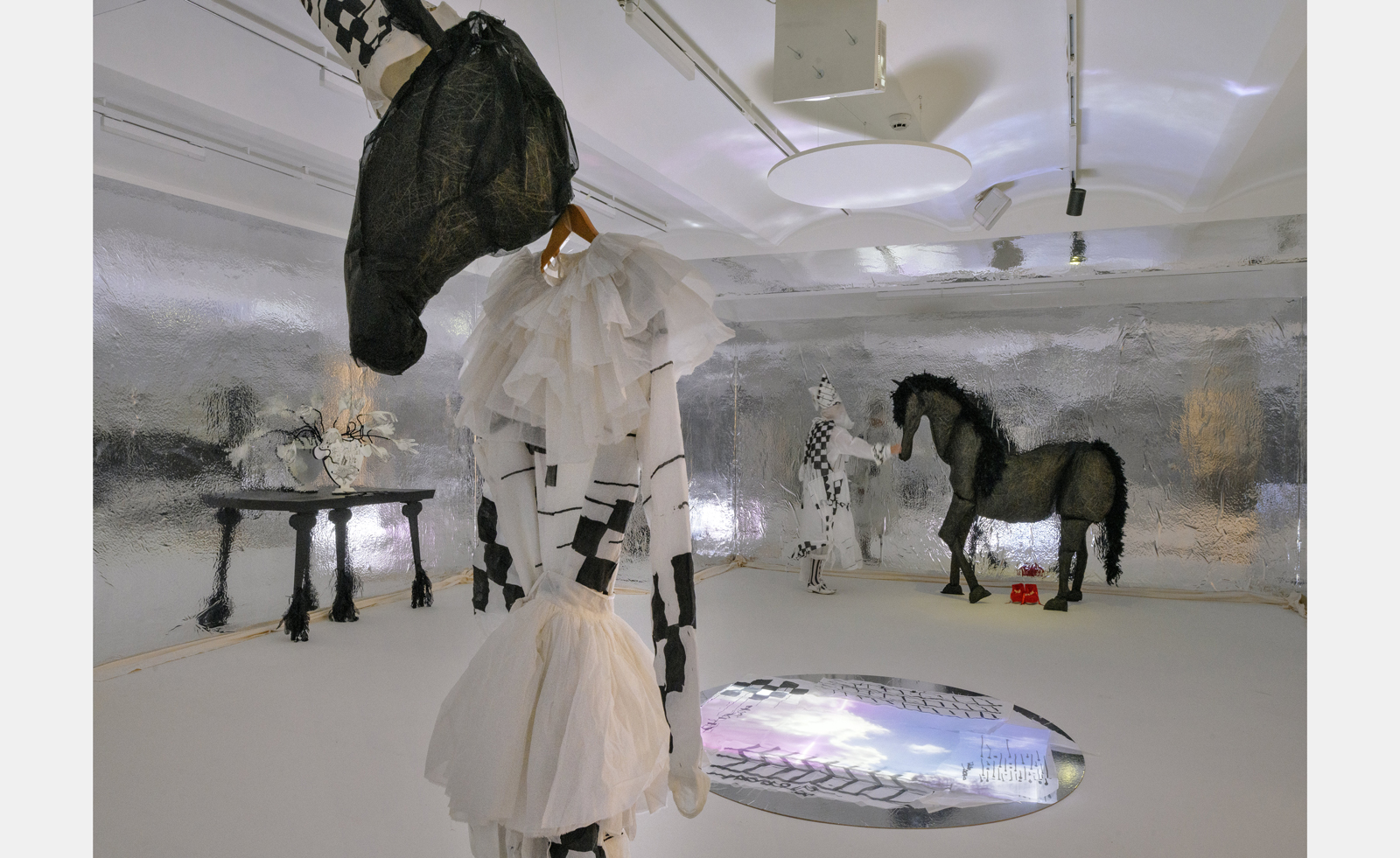
Le Bas created an immersive environment for her show at Secession, Vienna, which married a cultural history of the Roma people with her interest in mythologies. ‘The exhibition unfolded throughout Secession’s underground gallery spaces,’ says Cooper. ‘And the exhibition was really rooted in delayed response to social and political turmoil, combined with the grief that followed the death of her grandmother, and her longstanding interest in female power.’
The Turner Prize 2024 exhibition will take place at Tate Britain from 25 September 2024 – 16 February 2025







